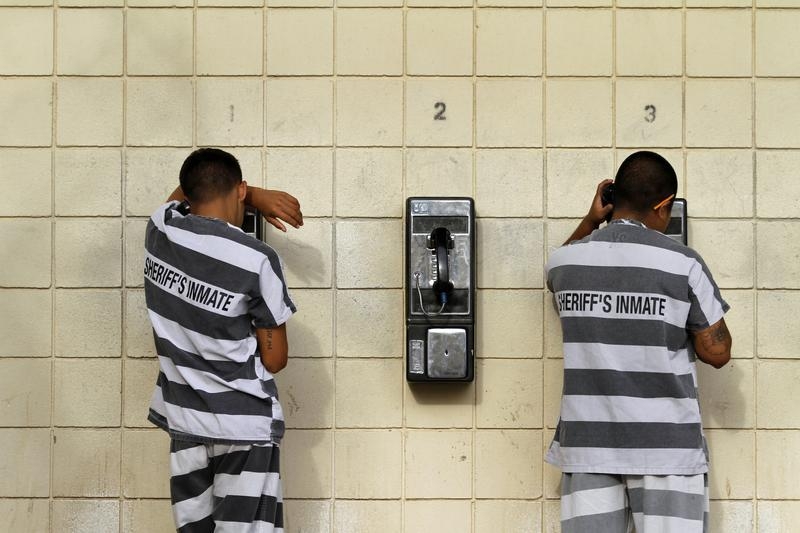
Prison terms for most drug offenses in the U.S. should be cut by an average of close to a year, the U.S. Sentencing Commission recommended Thursday.
The commission voted unanimously to cut lower-level drug penalties, and its recommendations will go into effect in November if Congress doesn’t block them.
Around 70% of drug trafficking defendants would qualify for the reduction, and their sentences would be mostly cut by around 11 months, from 62 to 51 months on average, according to the commission.
The move is part of an effort to reduce the growing federal prison population, and the policy is supported by the Obama administration.
“This modest reduction in drug penalties is an important step toward reducing the problem of prison overcrowding at the federal level in a proportionate and fair manner,” the U.S. District Judge Patti Saris, the commission’s chairwoman, said in a statement.
“Reducing the federal prison population has become urgent, with that population almost three times where it was in 1991.”
The lower prison sentences could cut the overall federal prison population by more than 6,500 inmates over five years, the commission said. Currently around 216,000 Americans are in prison for drug offenses.
More Must-Reads from TIME
- Your Vote Is Safe
- The Best Inventions of 2024
- How the Electoral College Actually Works
- Robert Zemeckis Just Wants to Move You
- Column: Fear and Hoping in Ohio
- How to Break 8 Toxic Communication Habits
- Why Vinegar Is So Good for You
- Meet TIME's Newest Class of Next Generation Leaders
Contact us at letters@time.com